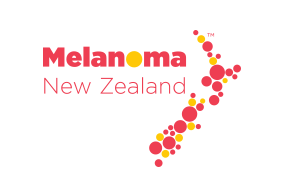Skin Cancer Prevention and Early Detection Strategy 2024-2028 launched
New Zealand has a new Skin Cancer Prevention and Early Detection Strategy aimed at tackling the significant, yet preventable, skin cancer crisis we’re facing.
With eight out of every ten cancers being diagnosed as skin cancer and the highest melanoma death rate in the world, New Zealand faces a health crisis that requires coordinated action across the country.
Melanoma New Zealand was among a group of experts and stakeholders that came together as a working group, driven by MelNet, to prepare this Strategy, which is designed to provide a roadmap for reducing the incidence and impact of skin cancer in New Zealand.
We are proud to have contributed to the strategy as part of the working group, and I encourage everyone to use the resources available to reach their network and help make a difference here in New Zealand,” says Andrea Newland, Chief Executive, Melanoma New Zealand.
The evidence is clear – investing in skin cancer prevention and early detection will save lives and healthcare costs. Together, we can help prevent 417,735 skin cancers, save 1,940 lives, and avoid $699.6 million in treatment costs by 2050.
This Strategy brings together healthcare providers, workplaces, educational organisations, sporting and recreational bodies, community and advocacy groups, and local and central government in a unified approach to prevention and early detection. Although each sector has specific responsibilities, it’s the collective impact of all our efforts that will create meaningful change.
How you can help…
Toolkits including video content specific to workplace, health, sports, education and recreation sectors are available here to help raise awareness of the importance of skin cancer prevention amongst your own networks.
Become a champion for skin cancer prevention and early detection in your professional networks. Together, we can make a significant difference in reducing the burden of skin cancer in New Zealand.
The Skin Cancer Prevention and Early Detection Strategy 2024-2028 provides a clear roadmap for reducing the human and economic costs of skin cancer. In this video, Dr Bronwen McNoe (Senior Research Fellow, University of Otago) provides a compelling narrative that emphasises why New Zealand urgently needs to take action, and the opportunities we have to create meaningful change.
